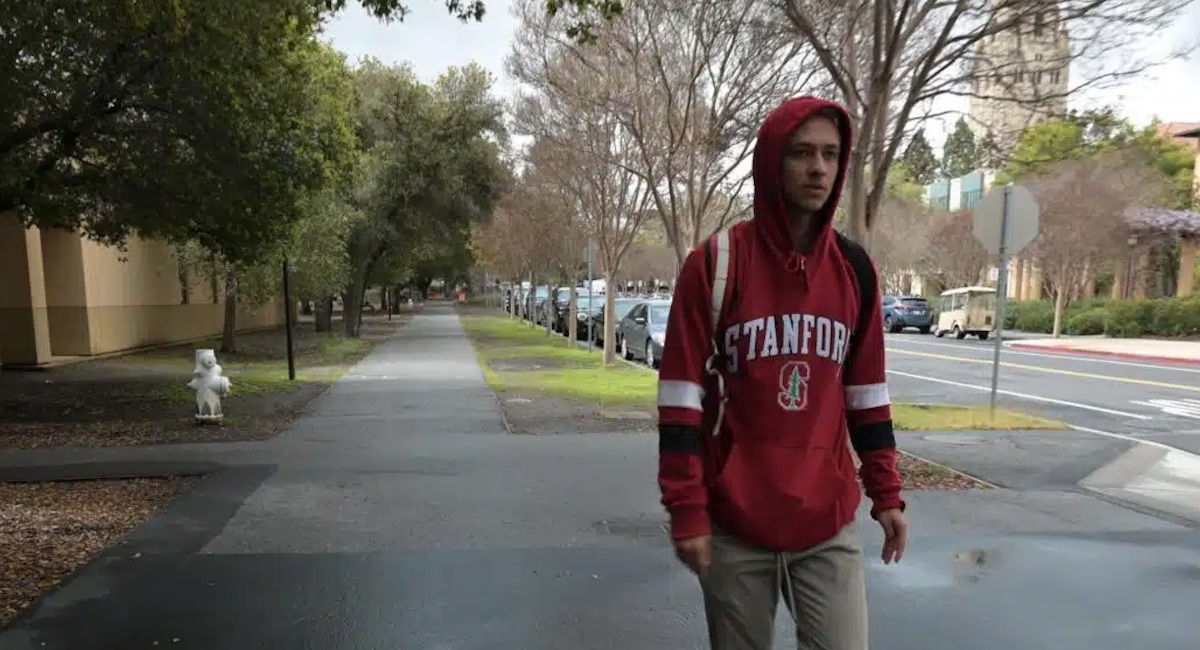Mateo Diaz-Magaloni y Ben Fry | Peninsula 360 Press
Although the masks have come off, the mandates have been lifted and lives are beginning to return to normal, there are still lingering fears and myths about COVID-19. One of the most widespread myths is about the COVID-19 vaccine. Reporters Mateo Diaz-Magaloni and Ben Fry with Peninsula 360 Press interviewed several teens and young adults in the Bay Area to see how these myths have affected young people’s perception of the vaccine and rumors about its effects.
During the first distribution of the COVID-19 vaccine, it was easy to log on to social networking sites to find information about the vaccine. Several “influencers” and individuals shared their opinions about the vaccine on Instagram and Twitter. Some of this caused misinformation to spread on the platform, with myths about the vaccine becoming a widespread problem on social media.
This misinformation was considered dangerous as it spread unnecessary fear. For this reason, Instagram found it beneficial to provide a COVID-19 fact-checking service on posts related to the topic, while Twitter monitored accounts that sought to spread myths.
This is important because even before COVID-19, misinformation, especially in politically charged posts, was found to spread at an even higher rate than truthful information.
While Instagram has maintained its fact-checking capabilities by flagging posts that spread falsehoods, Twitter has stopped monitoring accounts and even restored some that spread vaccine myths after the recent Elon Musk acquisition. Considering how social media has spread vaccine myths, what have people heard, how did they hear it, and why does it matter?
When we asked young people why they got vaccinated, the main reason they point out is that it was to protect their families. Most did it because of their family values, even if they had varying levels of confidence in its effectiveness. A senior at Palo Alto High School, said, “I got vaccinated as soon as I could, with boosters as well. I did it because everyone around me did and it was important to my parents.”
Read original story in Spanish at Peninsula 360 Press





